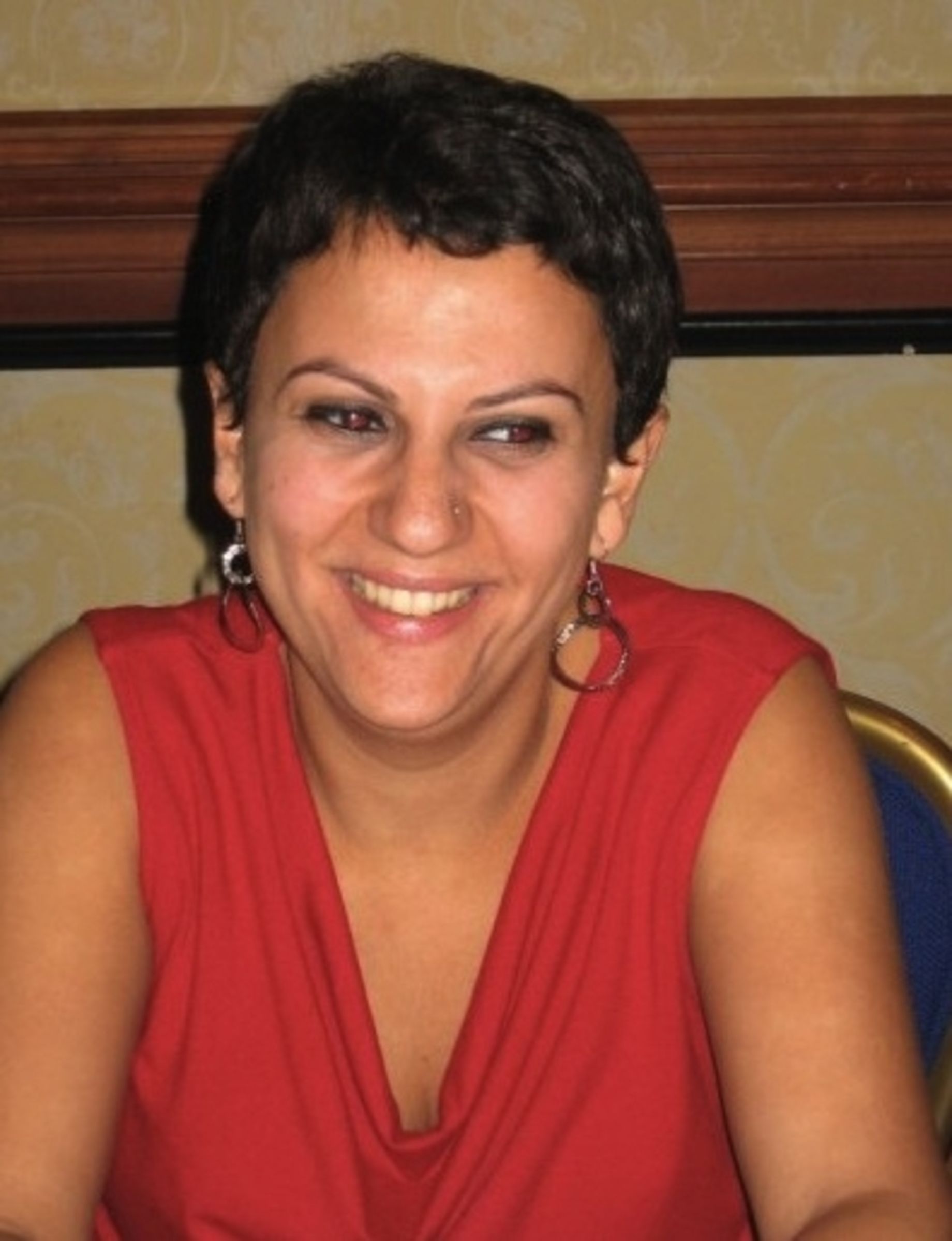2018/ 2019
Culture is the Red Line: Scenes from a Sit-In and the Battle for Egyptian Identity
The demonstrations that took place in front of the Ministry of Culture – against the ministry’s perceived “Ikhwanization” – throughout the month of June, have often been referred to as the “warm-up” for the Tamarrud led anti-Morsi protests that began on June 30, 2013. The Ministry of Culture sit-in provides an apt case study of the ways in which culture is framed and defined in Egypt today. Moreover, by following the development of the sit-in and its surrounding discourse, the degree to which such framing continues to be shaped by early 20th-century definitions becomes evident; enlightenment or tanwir persists as the foundation for understanding culture or thaqafa and its relationship to a national identity or hawiya. It is in this moment of grave threat to Egyptian identity that dominant ideas about arts and culture become crystalized. These demonstrations become a site of solidarity for middle class Egyptian intellectuals, who see national art and culture as theirs to defend against those unable to understand or appreciate them. While many voice their concern about the immediate perils to artistic freedom, they simultaneously articulate a definition of national culture that is limited and prescriptive: artistic culture is intended, first and foremost, to educate and elevate. Even when discussing art as liberatory, part of freeing against restrictions, its advocates and defenders impose very strict rules on its production and consumption.
2013/ 2014
Aesthetics of Crisis: Art and Education in Egypt
As a EUME Fellow, Ramadan will work on a book manuscript based on her dissertation, which is concerned with the development of the category of modern art and the relationship between education and artistic production in early 20th-century Egypt.

